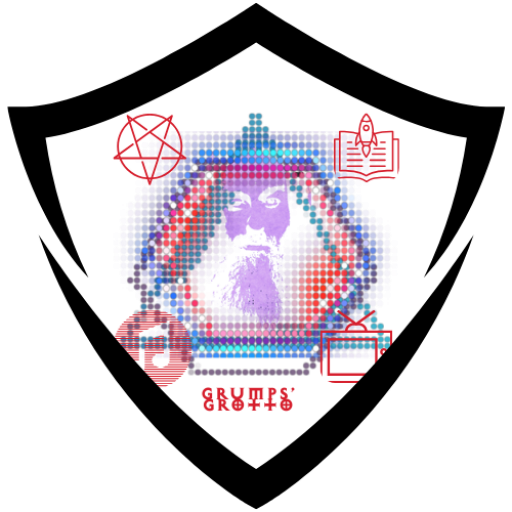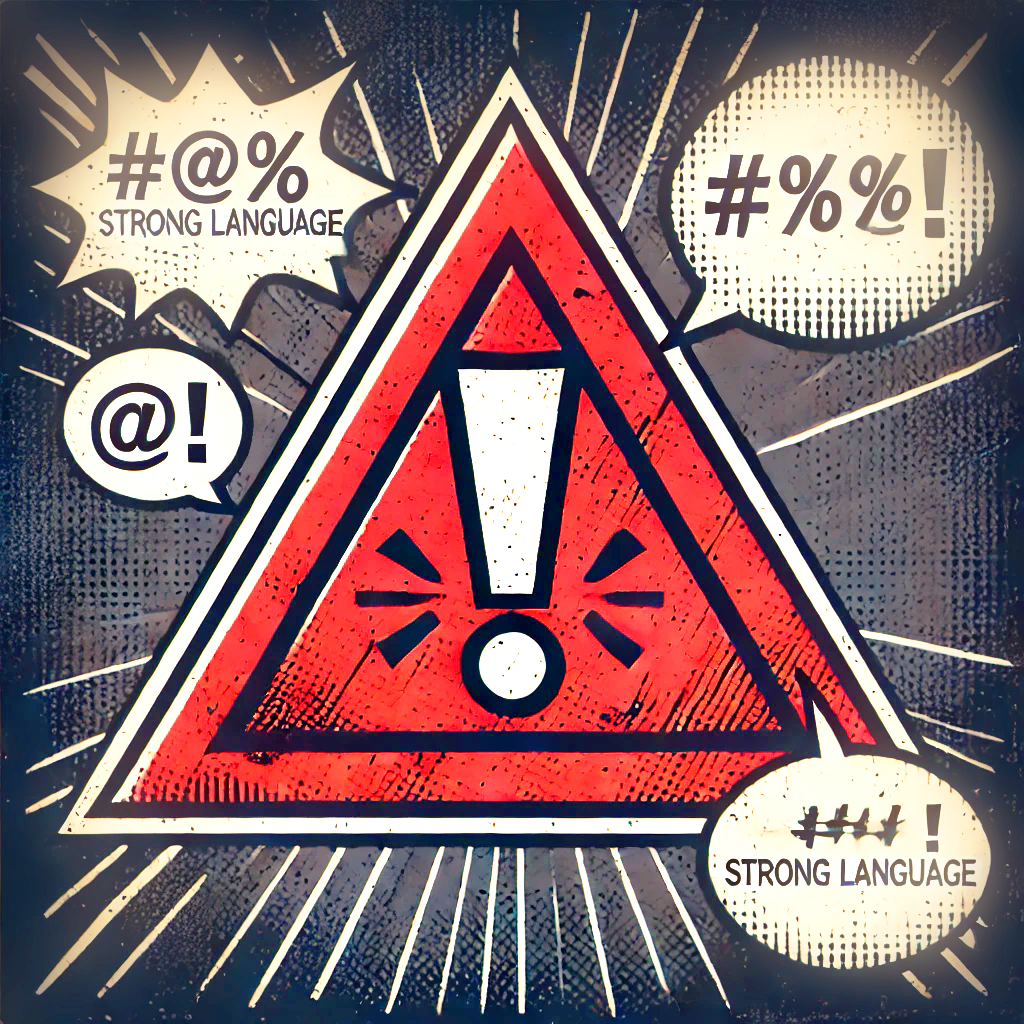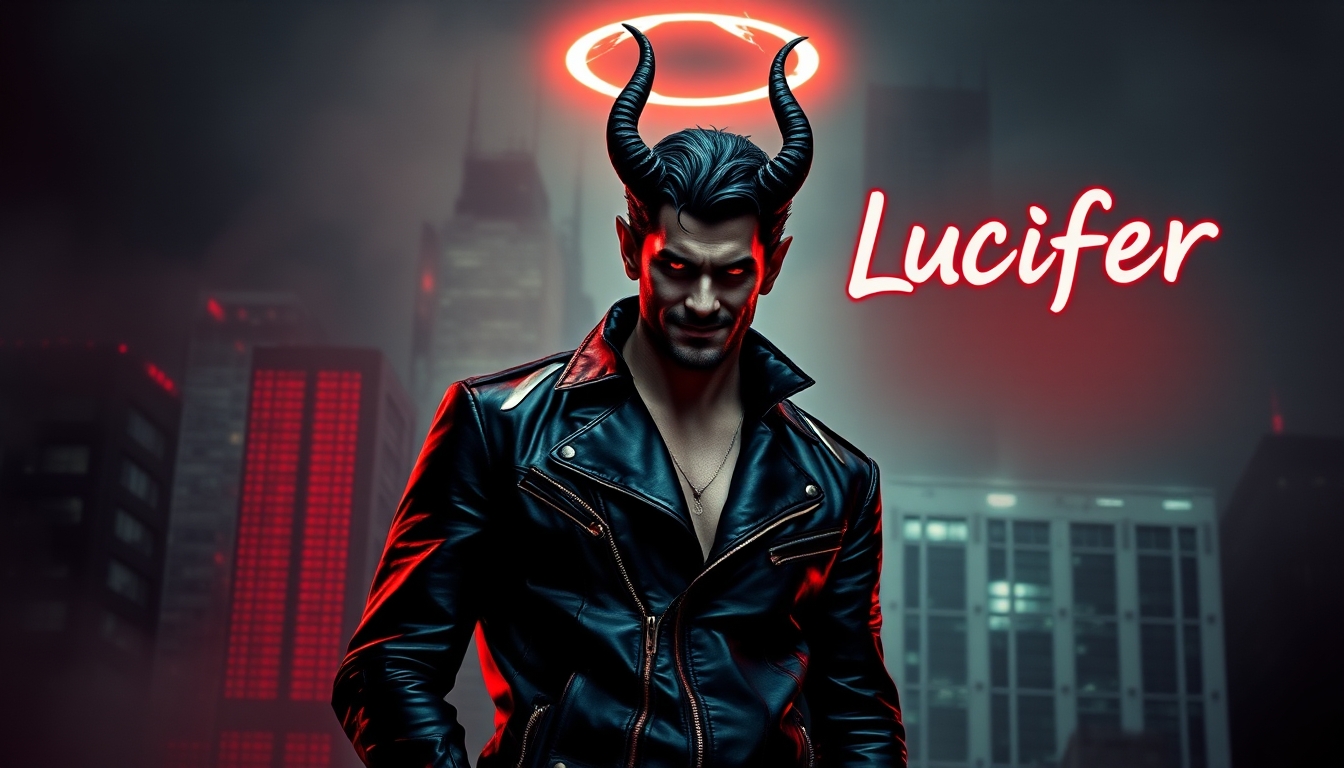Lucifer. You know him. You love him. He’s been the cosmic bad guy since forever. The Big Boss of Hell, the one your grandma warned you about if you listened to rock music. Well, guess what? He’s gotten a serious upgrade. Gone are the days when he was just some cartoon villain trying to drag you into eternal torment. Now? He’s a pop culture icon, the smooth-talking antihero you want to grab a drink with. And honestly, I’m not even mad about it. It’s about time we stop pretending he’s some boogeyman under the bed and start seeing him for what he really is—a metaphor for sticking it to the man, thinking for yourself, and not buying into the cosmic B.S.
And that’s exactly what this article is about. Lucifer’s had one hell of a glow-up (pun absolutely intended), and it’s all over modern media. So, let’s break down how this fallen angel became the patron saint of rebellious attitudes—and why we’re all a little more comfortable rocking out with the devil these days.
Lucifer on TV: Crime Solving in Leather
Let’s start with the most ridiculous version of Lucifer we’ve ever seen—Lucifer (2016-2021). Here’s the pitch: the actual devil gets bored of Hell, opens a nightclub in L.A., and starts helping the police solve crimes. I wish I was making this up, but nope—that’s the premise. And here’s the kicker: it’s actually good. Tom Ellis plays the role so well you forget this guy is supposed to be the literal Prince of Darkness. Instead, he’s all charm, wit, and impeccable fashion sense. Apparently, Hell has a great tailor.
But let’s be real: this version of Lucifer is less about eternal damnation and more about, “Hey, why should I follow the rules?” He’s not some demon with a pitchfork—he’s the ultimate rebel, the guy who walked away from his God-given role because it didn’t suit him. Sound familiar? Yeah, that’s pretty much what Satanism is all about—doing what’s best for you, not bowing down to anyone else’s idea of morality. This show gets it, even if it has to throw in a few cop dramas to keep things spicy.
Lucifer, in this TV series, is basically the poster boy for autonomy. He rejects authority, questions everything, and refuses to be defined by what anyone else expects of him. And that’s why, as a Satanist, I can’t help but crack a grin. Finally, a portrayal of Lucifer that gets it: rebellion isn’t about being “evil”; it’s about not playing by rules you never agreed to in the first place.
Movies: From Evil to Apathetic
Now, onto movies. Once upon a time, Lucifer in film was the kind of character who sent chills down your spine. The Devil’s Advocate (1997)? Classic stuff. Al Pacino plays a manipulative, power-hungry version of Lucifer who messes with people’s lives like it’s a twisted game of chess. That’s the old-school devil, the one who whispers temptation in your ear while you ruin your life. But even in that version, you can tell Lucifer is enjoying himself because he knows something we don’t—life’s a game, and he’s not bound by the rules.
But more recently? Lucifer’s just done. He’s tired. Take Constantine (2005)—a movie that at least keeps some of the dark edge. The devil (played by Peter Stormare) is there to collect souls and look intimidating, but there’s a certain apathy to it all. You get the feeling that even Lucifer is bored with the whole “good vs. evil” routine. Honestly, can you blame him? After thousands of years, I’d want to hang up my pitchfork, too.
Then there’s Good Omens (2019), where David Tennant’s Crowley is more Lucifer-adjacent but still nails the vibe. He’s less interested in running Hell and more about enjoying the finer things on Earth—like Queen albums and messing with humans just for fun. That’s the vibe, right? Life’s too short (or too eternal, in his case) to take anything too seriously. These modern interpretations of Lucifer reflect a Satanist truth: life isn’t about bowing to some cosmic authority. It’s about living your best life and rejecting the roles the universe tries to force on you.
Books: Lucifer, The Original Rebel
Let’s talk literature, where Lucifer’s rebellious streak has been the subject of fascination for centuries. Back in 1667, John Milton gave us Paradise Lost, where Lucifer has one of the best lines ever written: “Better to reign in Hell than serve in Heaven.” You know what that is? The ultimate middle finger to authority. Lucifer doesn’t want to play the game by someone else’s rules, so he flips the whole thing over and storms off to Hell. That’s the kind of energy we need more of—especially when we’re talking about Satanism. It’s not about “evil.” It’s about saying, “No thanks, I’ll pass,” when someone tells you how you’re supposed to live your life.
Then there’s Neil Gaiman’s The Sandman. Gaiman’s version of Lucifer? He literally quits his job as ruler of Hell. Just walks out. Leaves the keys and says, “I’m done.” Can you imagine? After thousands of years of being typecast as the ultimate villain, Lucifer takes early retirement. It’s genius. He’s not interested in fulfilling anyone’s expectations—he’s about personal autonomy. And isn’t that what Satanism is all about? Choosing your own path, not the one handed to you by society, religion, or whatever cosmic drama happens to be going on.
Music: The Devil’s Always Had the Best Playlist
Rock and metal? Yeah, they’ve always loved Lucifer. But here’s the thing: it’s never been about worshipping the guy. Bands like Black Sabbath, Slayer, and Ghost aren’t lighting candles and saying prayers to Satan. They’re using Lucifer as a symbol of rebellion against control—whether that control comes from religion, society, or some parental figure who insists you’ll go blind if you listen to heavy metal. It’s not about Hell—it’s about freedom. Lucifer is the icon for sticking it to the man, and no one does that better than rock and metal bands.
And then there’s Marilyn Manson, who turned Satanic imagery into a whole brand. But let’s not get it twisted: Manson isn’t about devil-worshipping. He’s about rejecting everything that tries to tell you how to think, how to act, how to live. He’s channeled Luciferian rebellion into an art form, and the whole point is: be yourself. Don’t let anyone, especially some self-righteous authority figure, tell you otherwise.
Even Imagine Dragons sneaks in a little Luciferian flair with Demons. It’s about embracing the parts of yourself that don’t fit into society’s neat little boxes. And that’s what Lucifer, in all his modern media glory, represents. Not some spooky force of darkness, but the parts of you that refuse to conform.
What This Says About Us: Time to Rebel
So, why does all this matter? Why does Lucifer keep showing up in our TV shows, movies, books, and songs as this cool, rebellious figure instead of some flaming villain? Simple: because we’re all fed up. We’re tired of rules for the sake of rules. We’re done with authority figures who expect obedience without question. Lucifer isn’t the villain anymore—he’s the guy who said, “Screw this, I’m out,” and we’re all nodding along. He’s the embodiment of personal freedom, of questioning authority, and of saying, “I’m going to live my life, not the one someone else chose for me.”
In modern media, Lucifer is no longer some horror figure meant to keep you up at night. He’s the rebellious icon who’s reminding us all that we don’t have to follow the script. We can write our own. And for Satanists? That’s always been the point.
Lucifer’s glow-up isn’t about him—it’s about us. It’s about rejecting the roles we’re told to play and living life on our own terms. So yeah, maybe it’s time to dust off that leather jacket, grab a drink with the devil, and live your life unapologetically. Because at the end of the day, it’s better to reign in Hell—or, you know, your own mind—than serve in someone else’s idea of Heaven.

Darth Grumps
Grumps is the name most folks recognize him by on TikTok, Discord, and various other corners of the internet. He’s the one writing and talking about how Satanism weaves into the everyday grind, working to clear up the usual misconceptions people have about the religion. Through his own unique lens, he offers insights and a slice of Satanic wisdom that only he can provide.
Image Credits: Generated with AI for BaedonWebZine



Leave a Reply